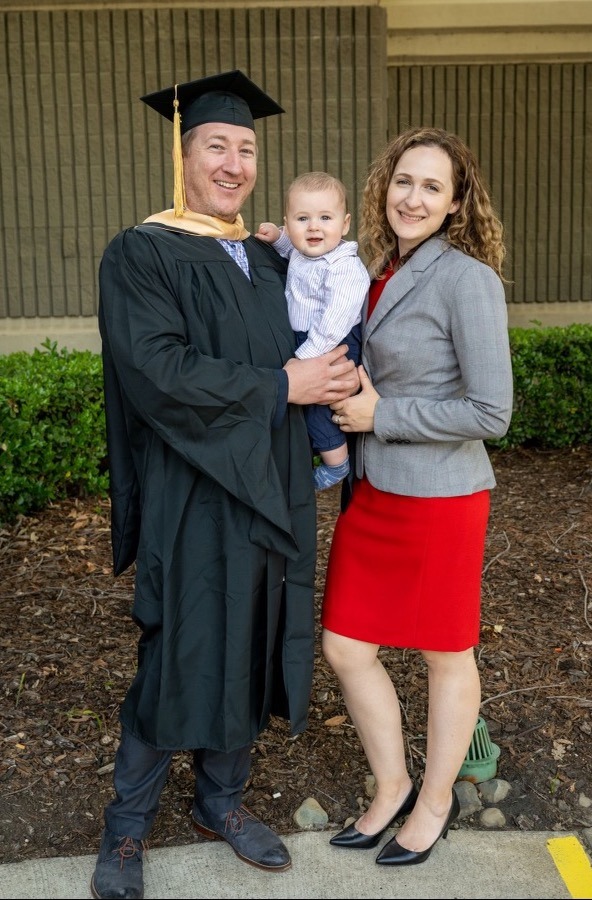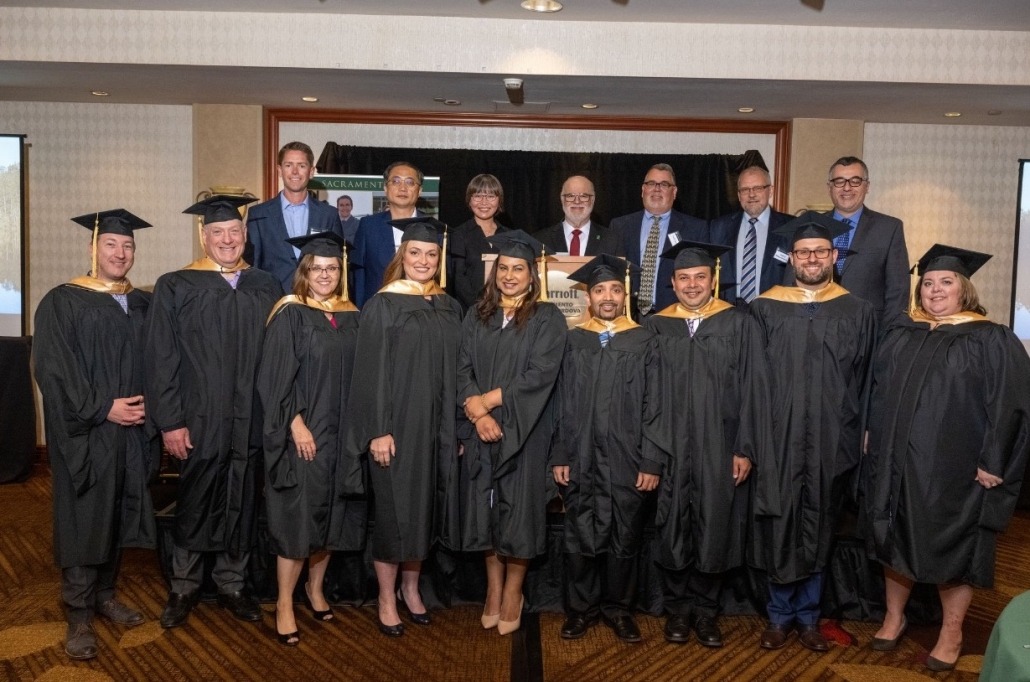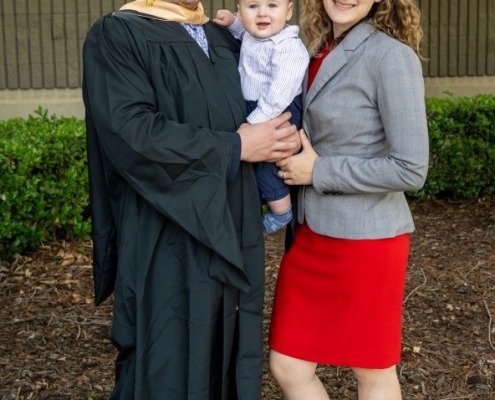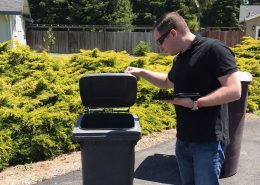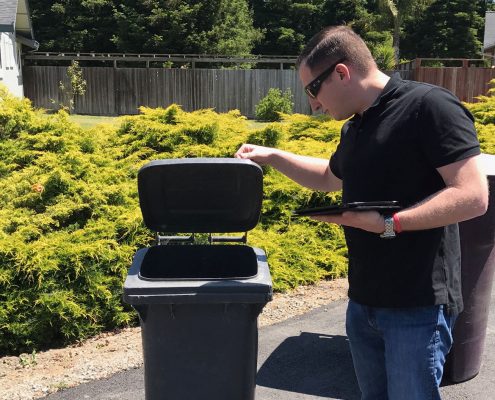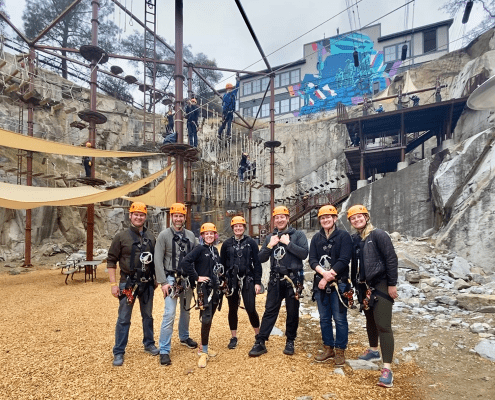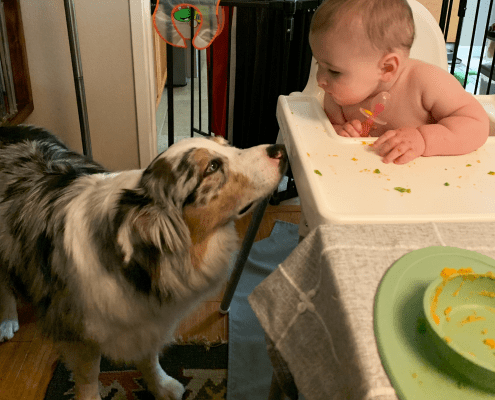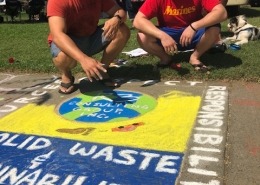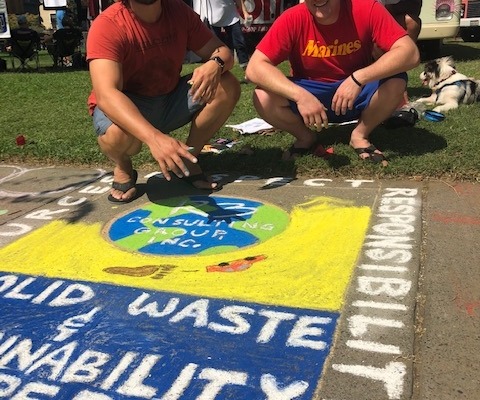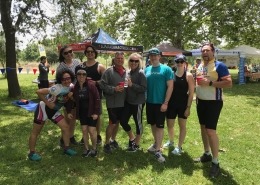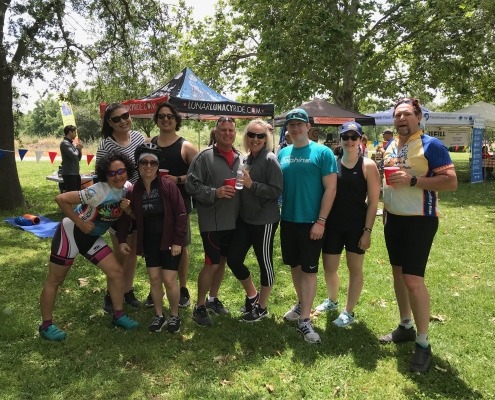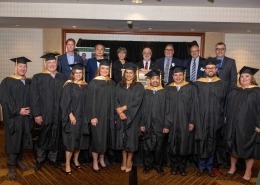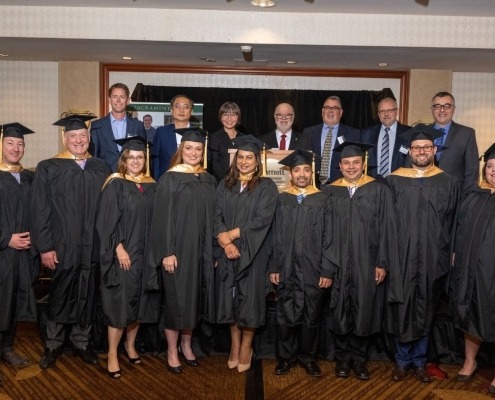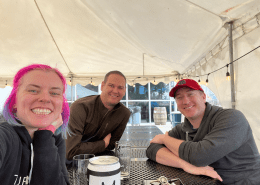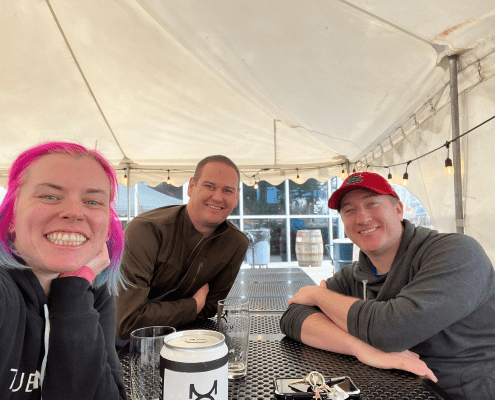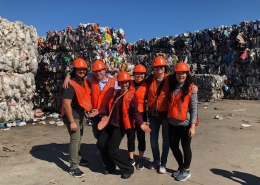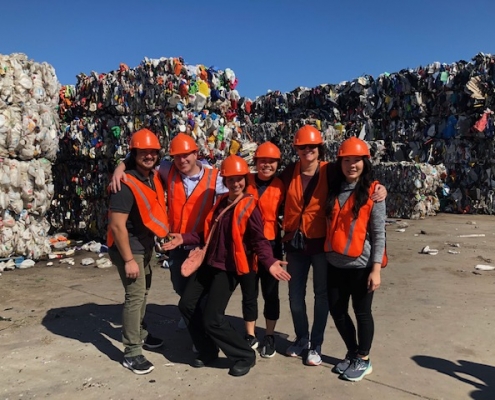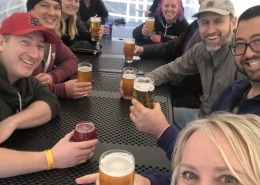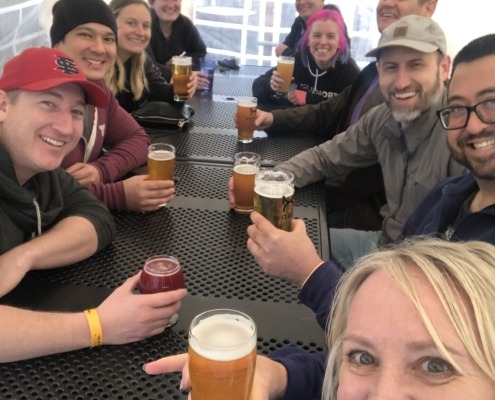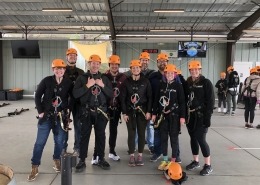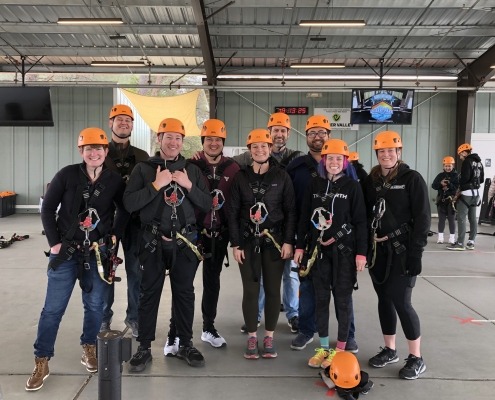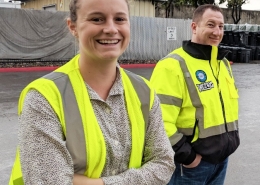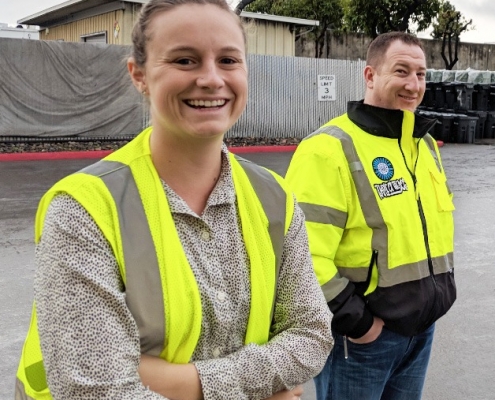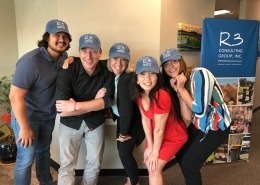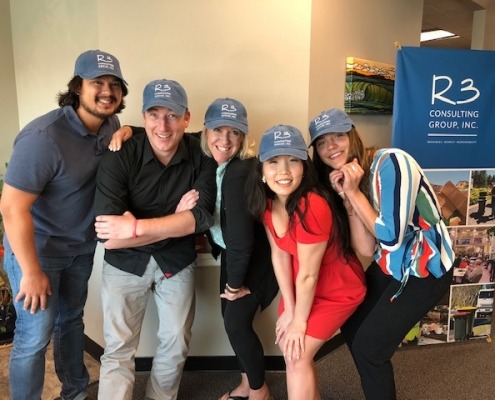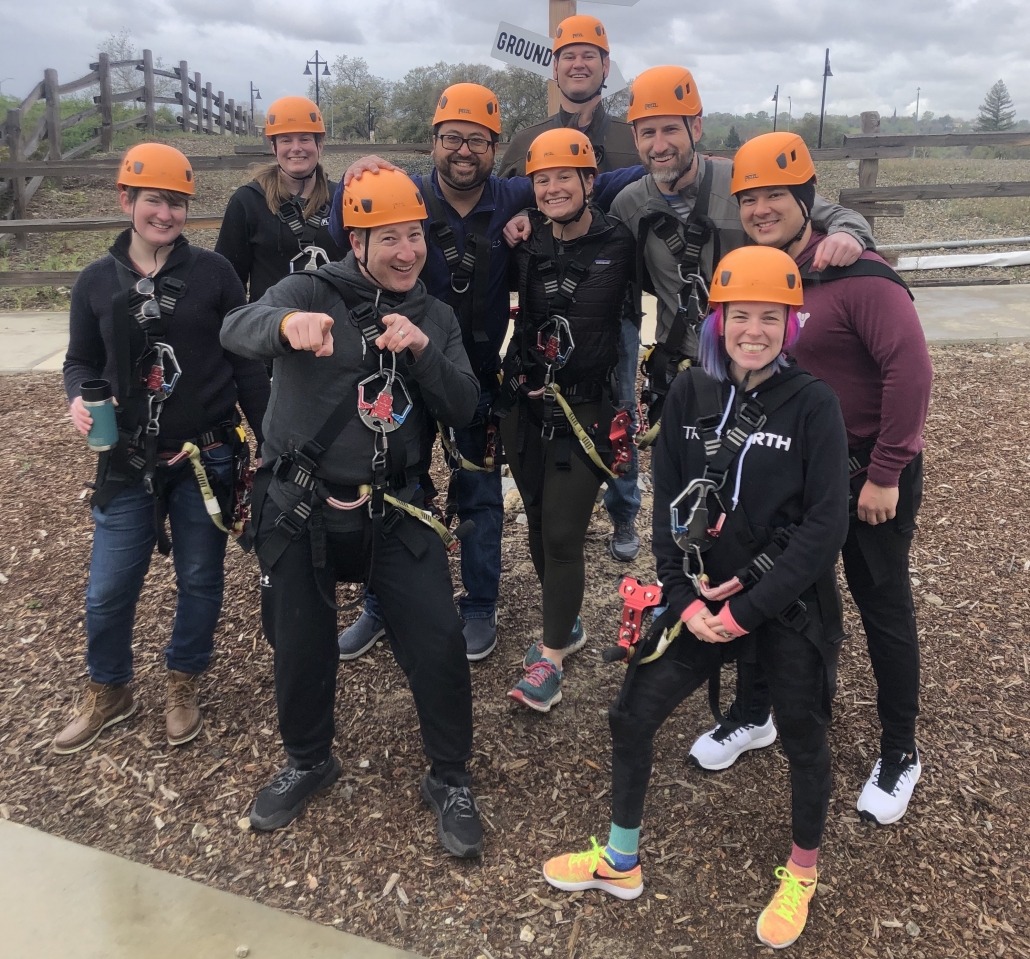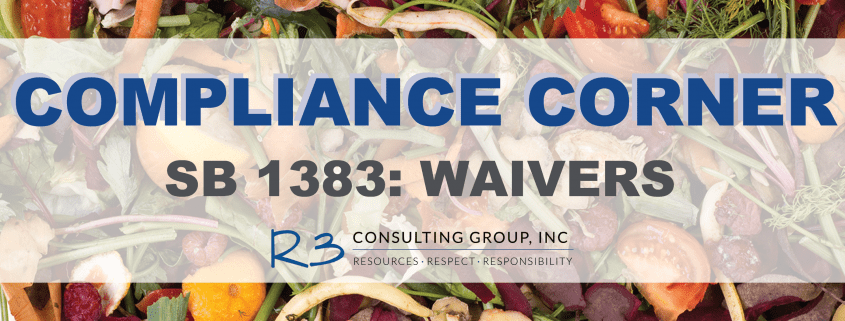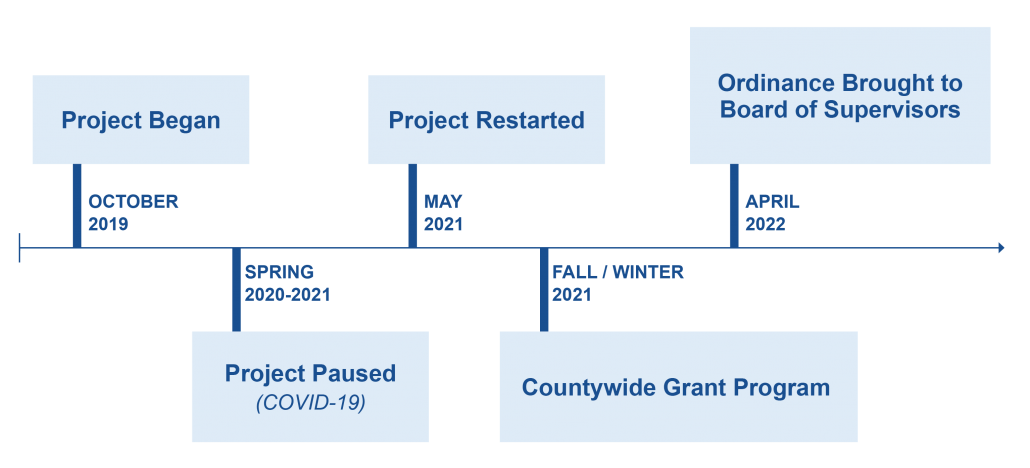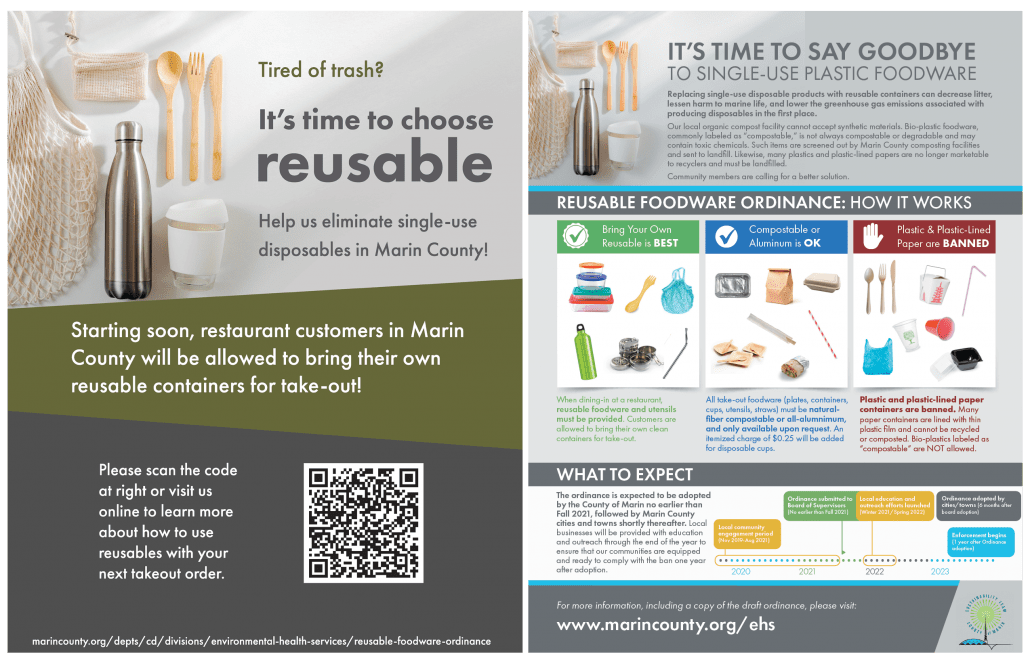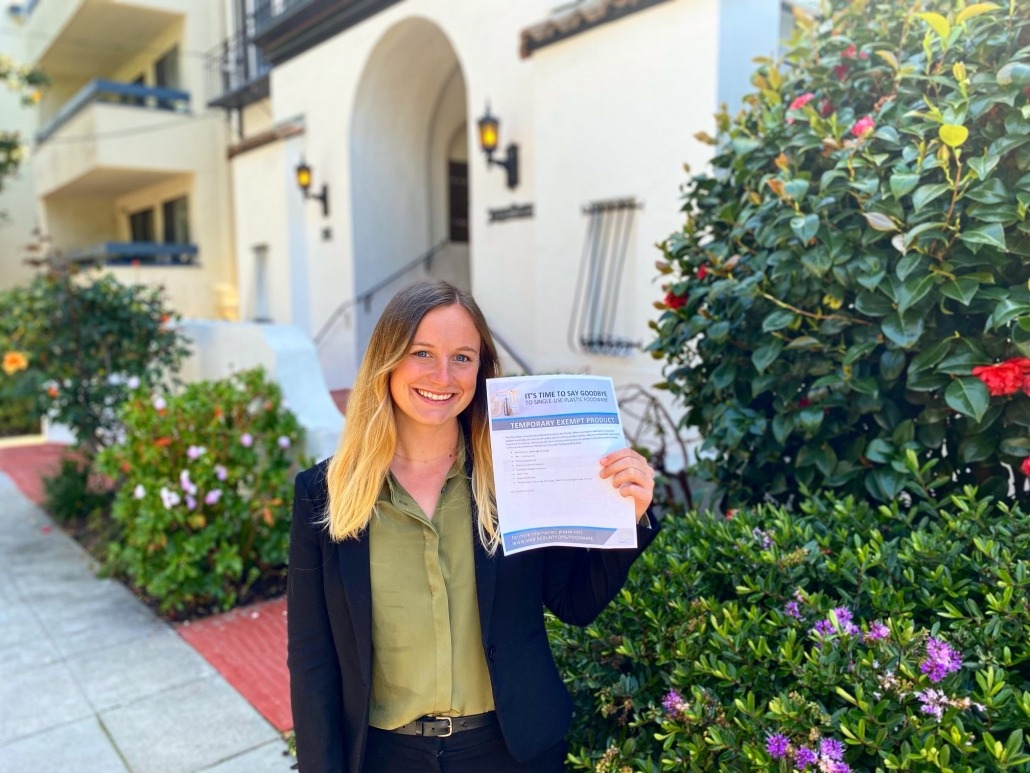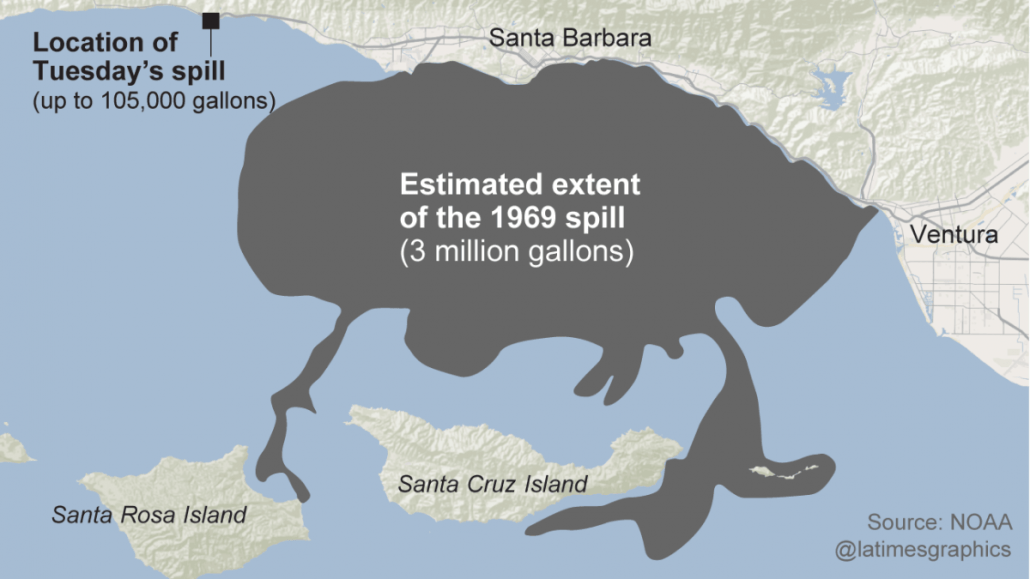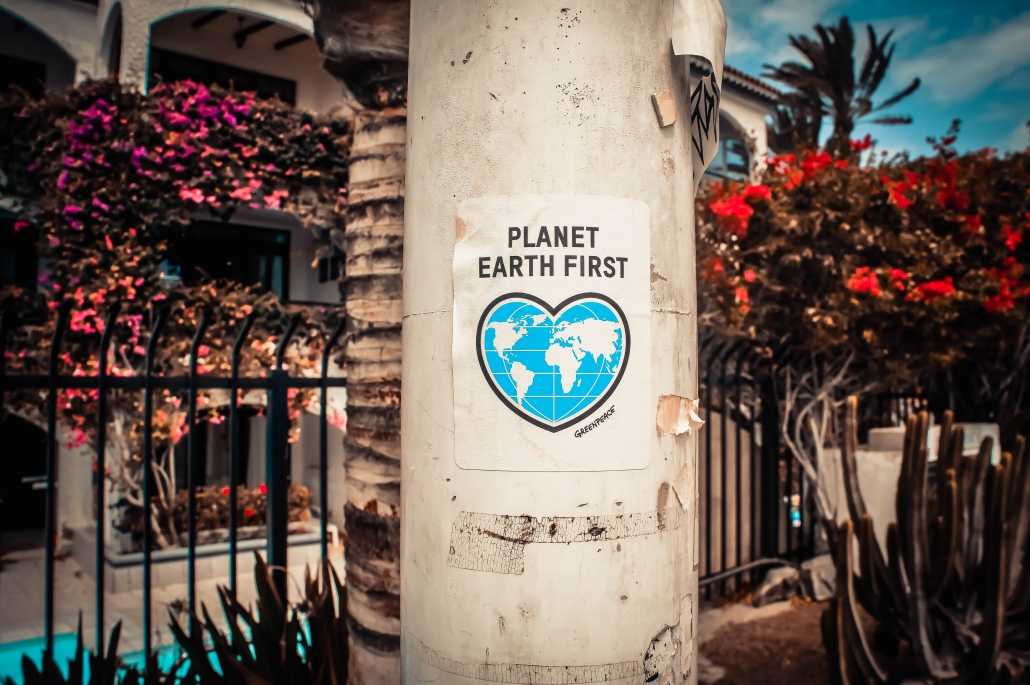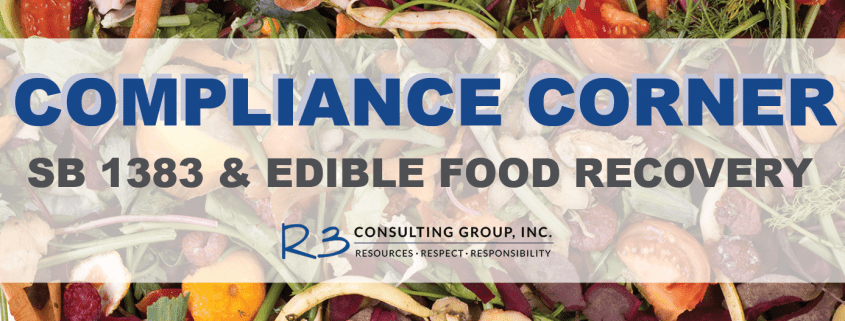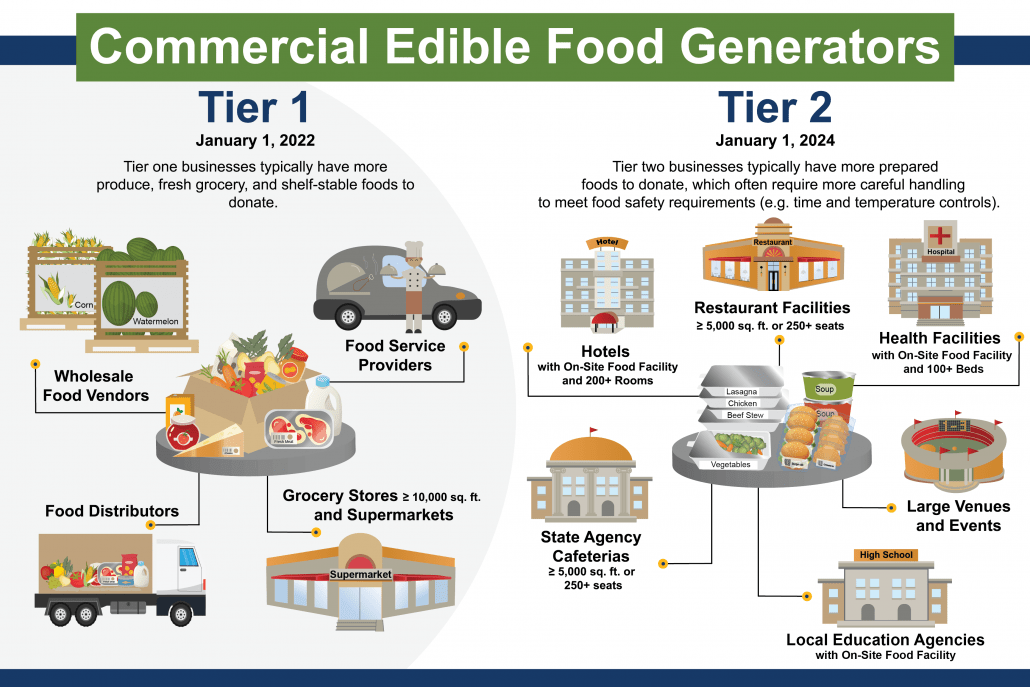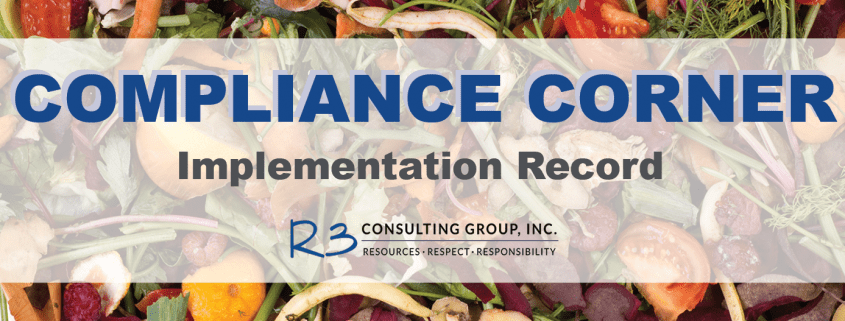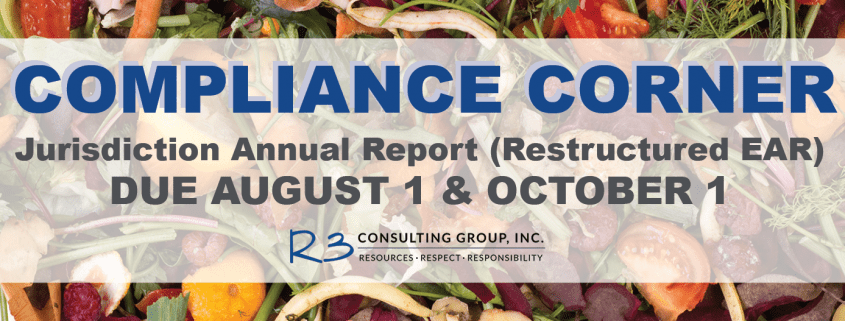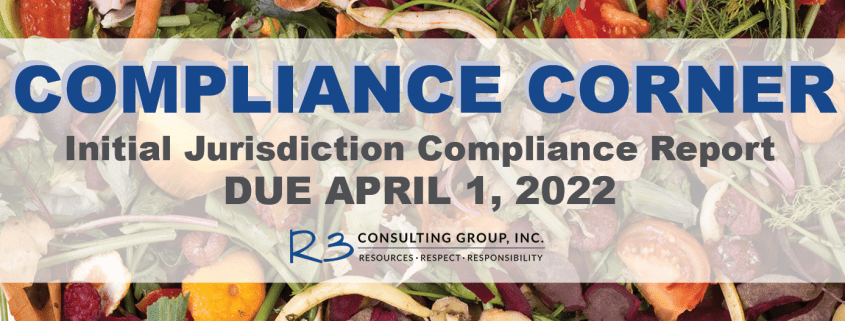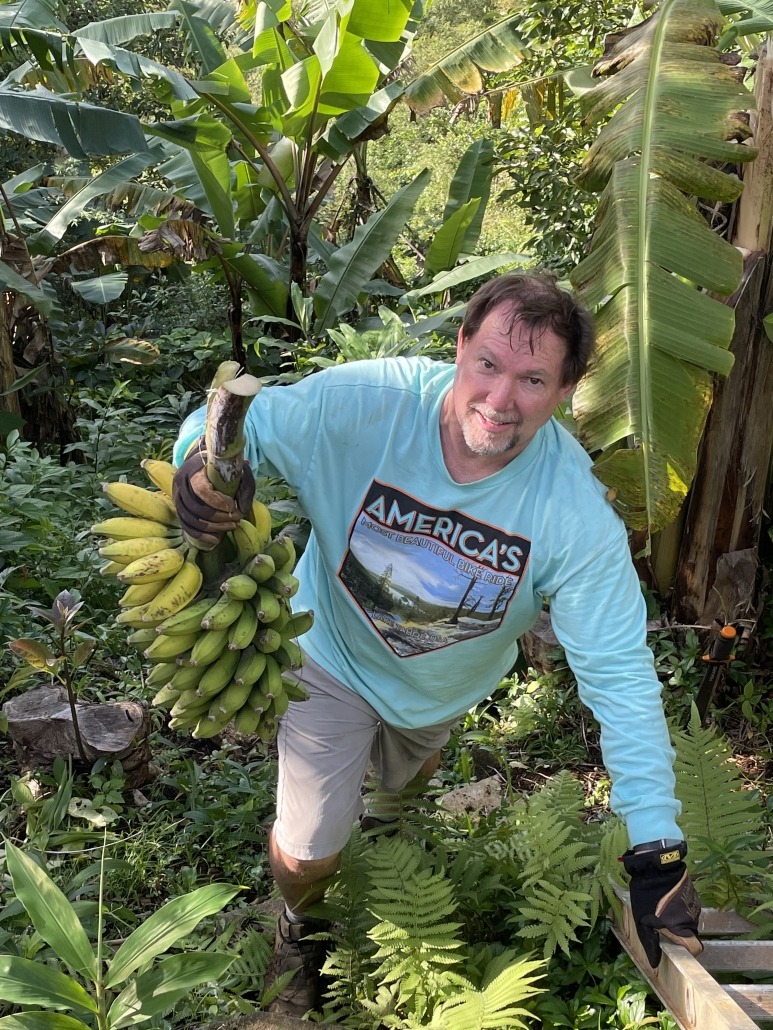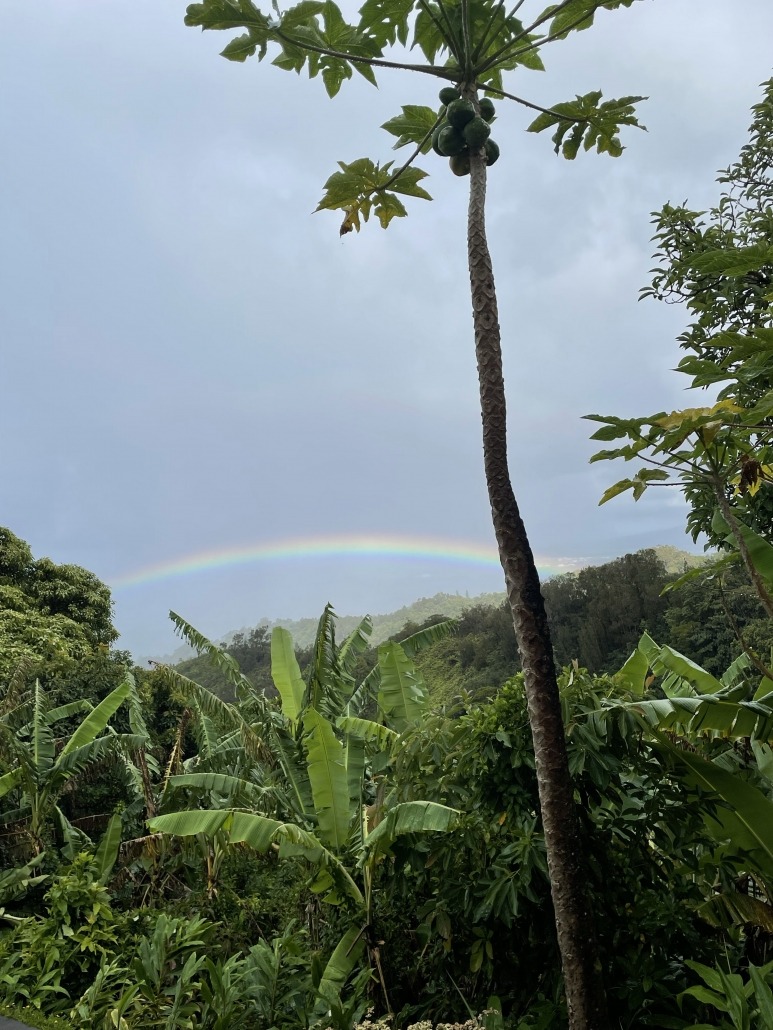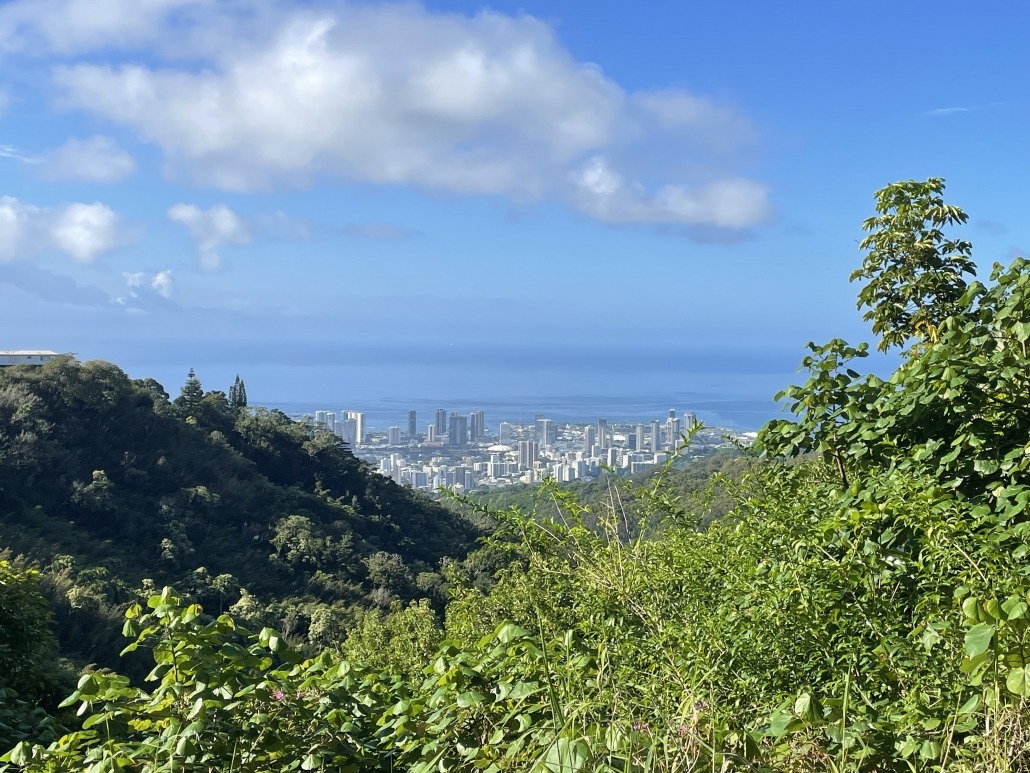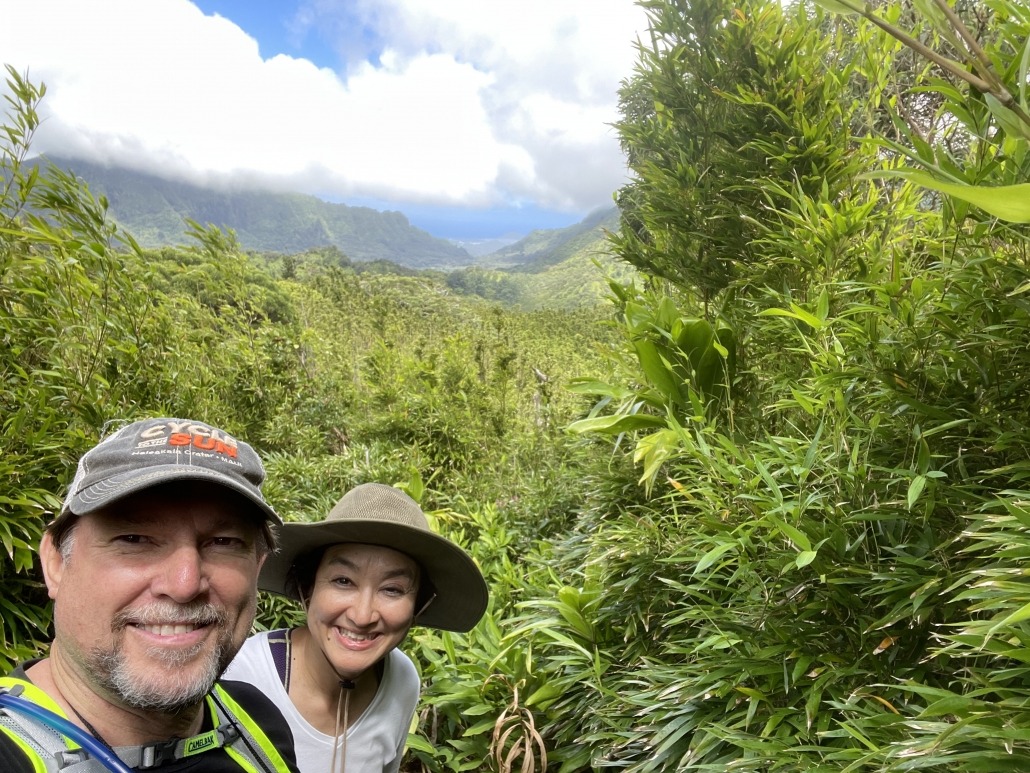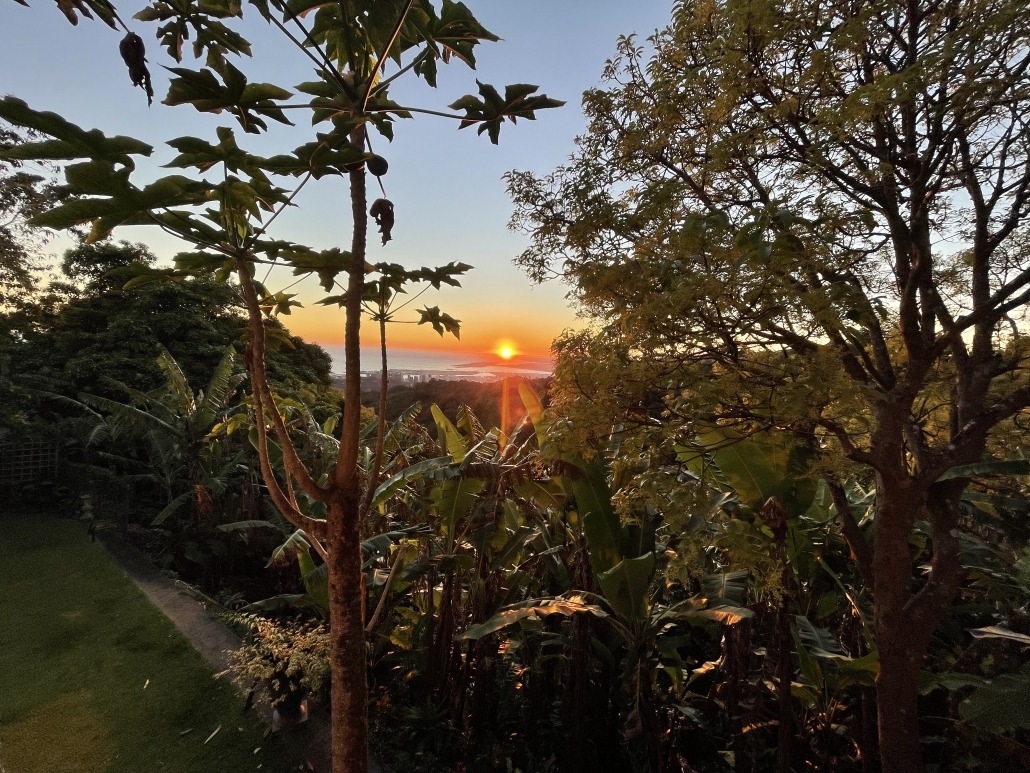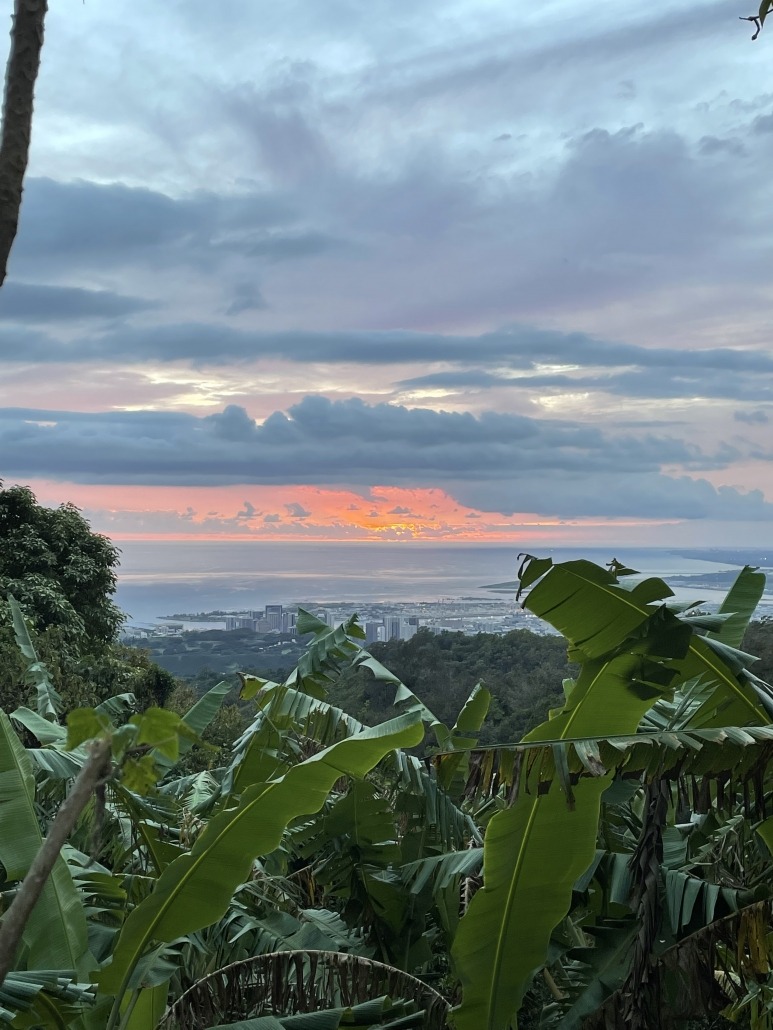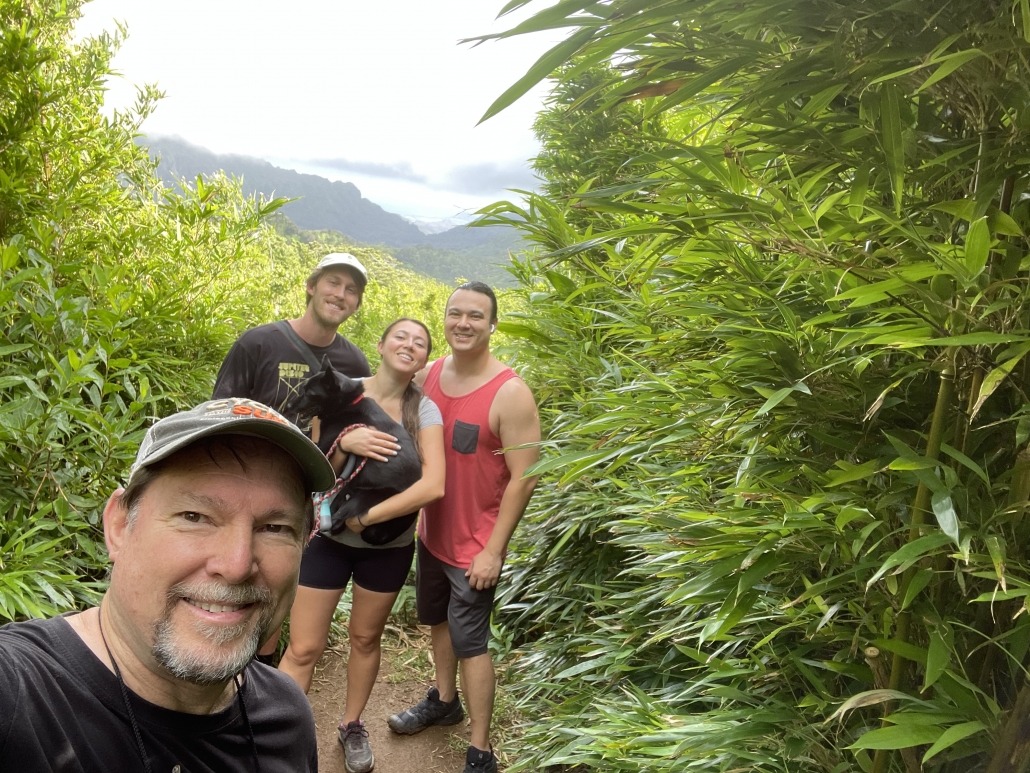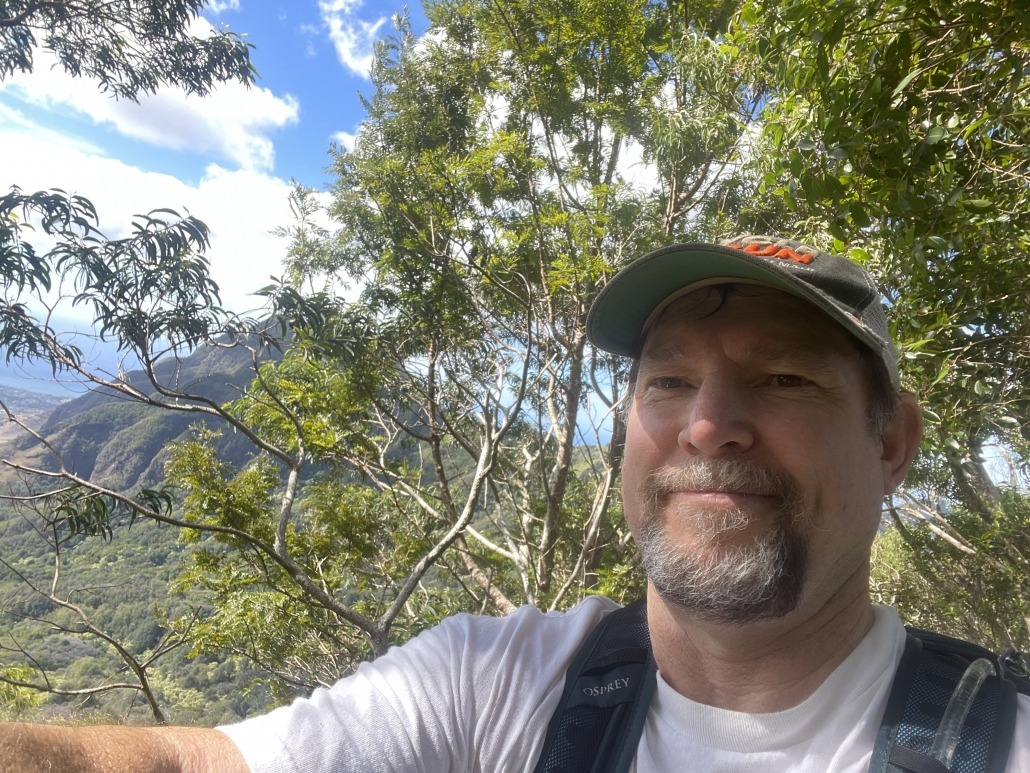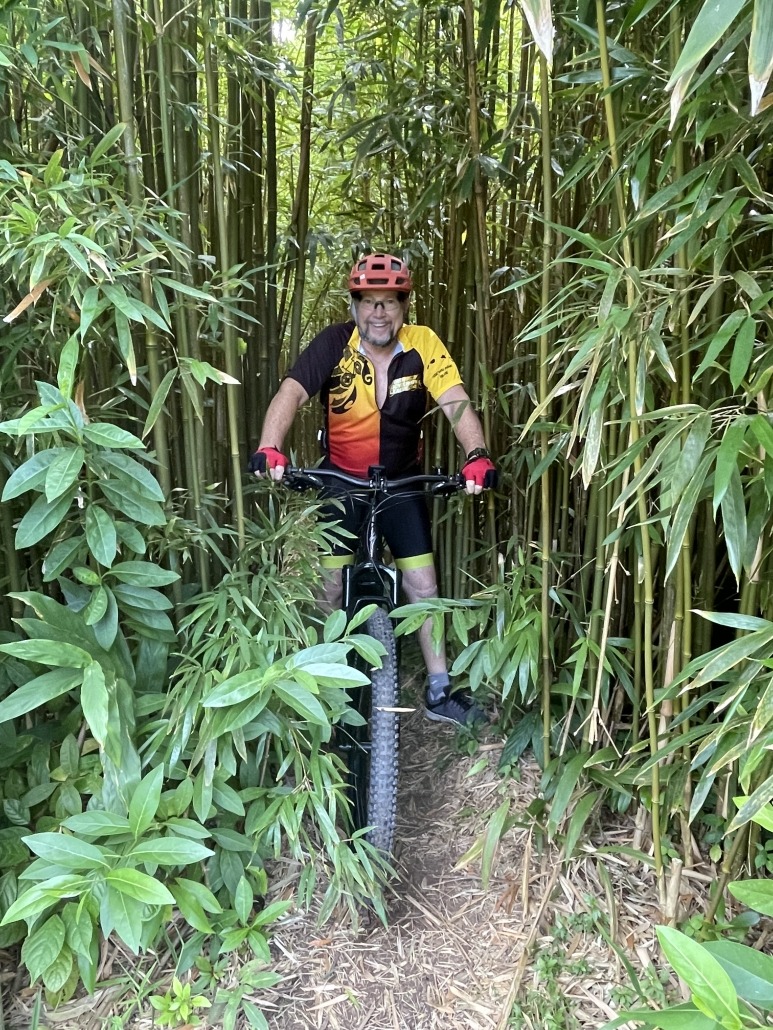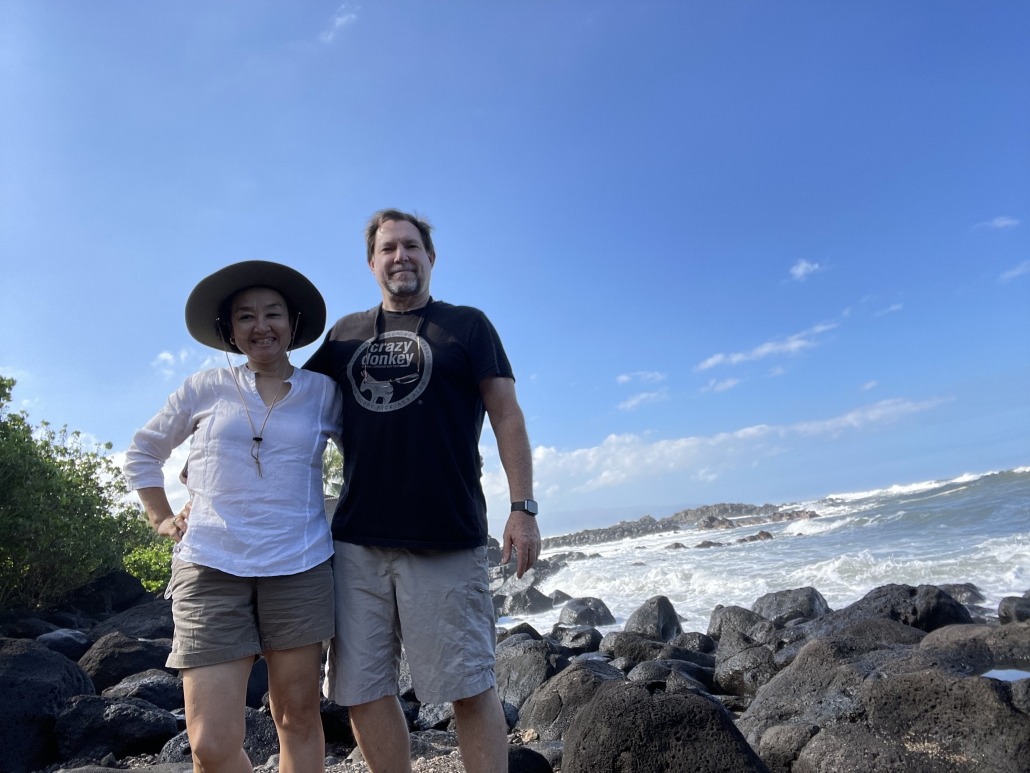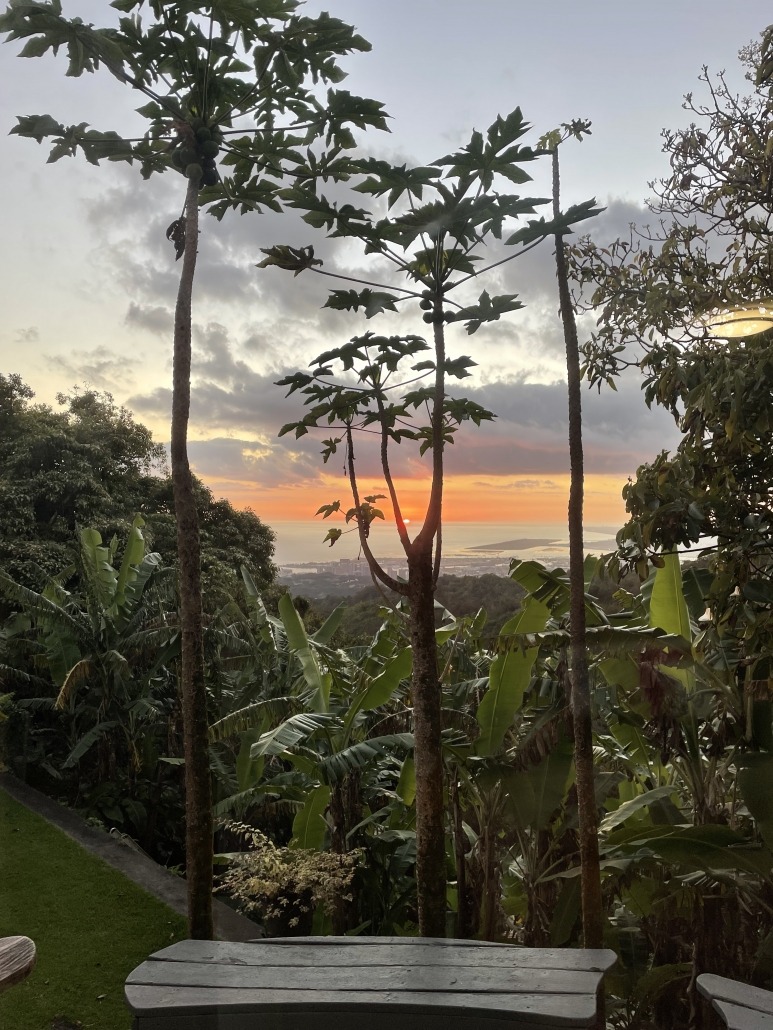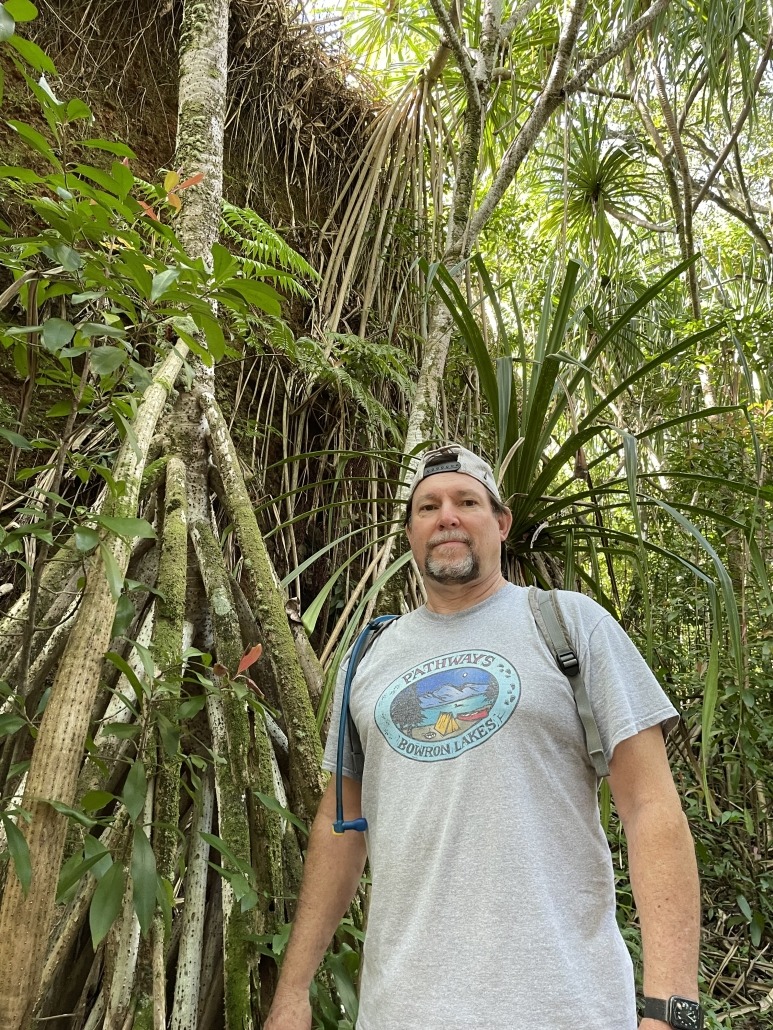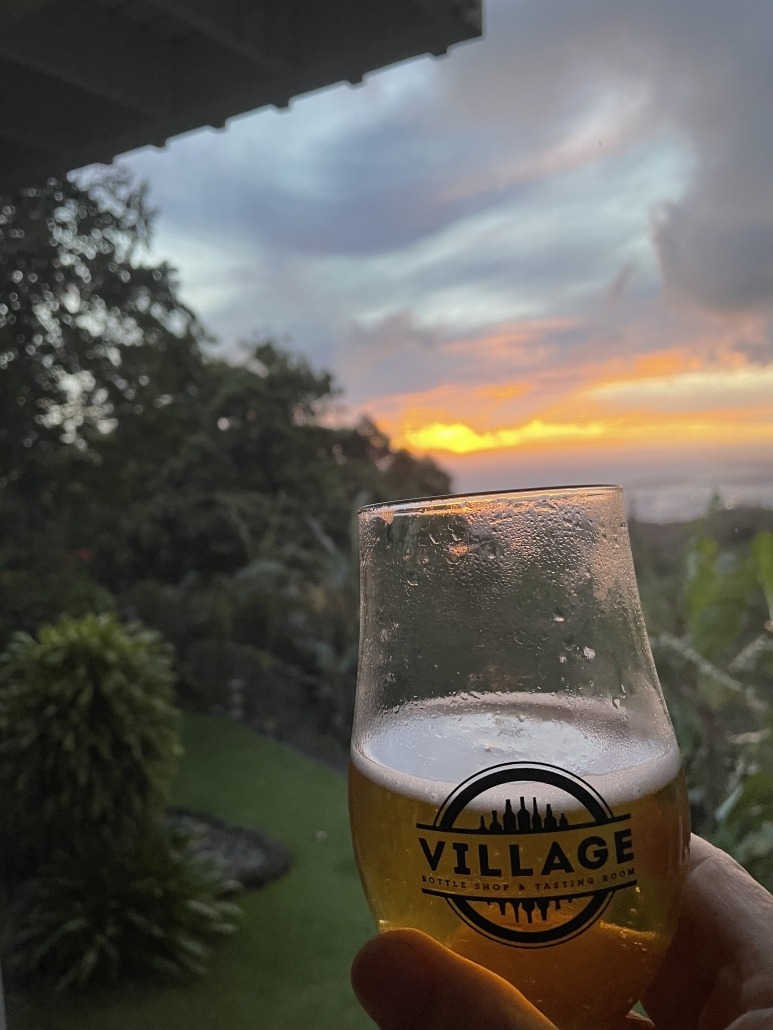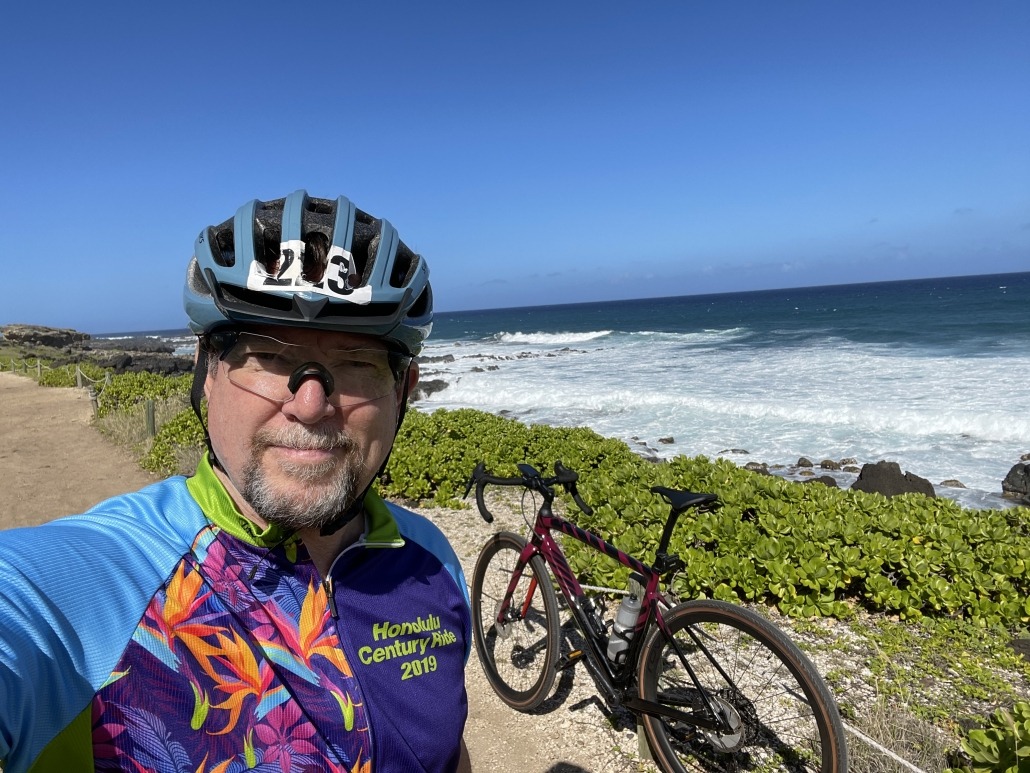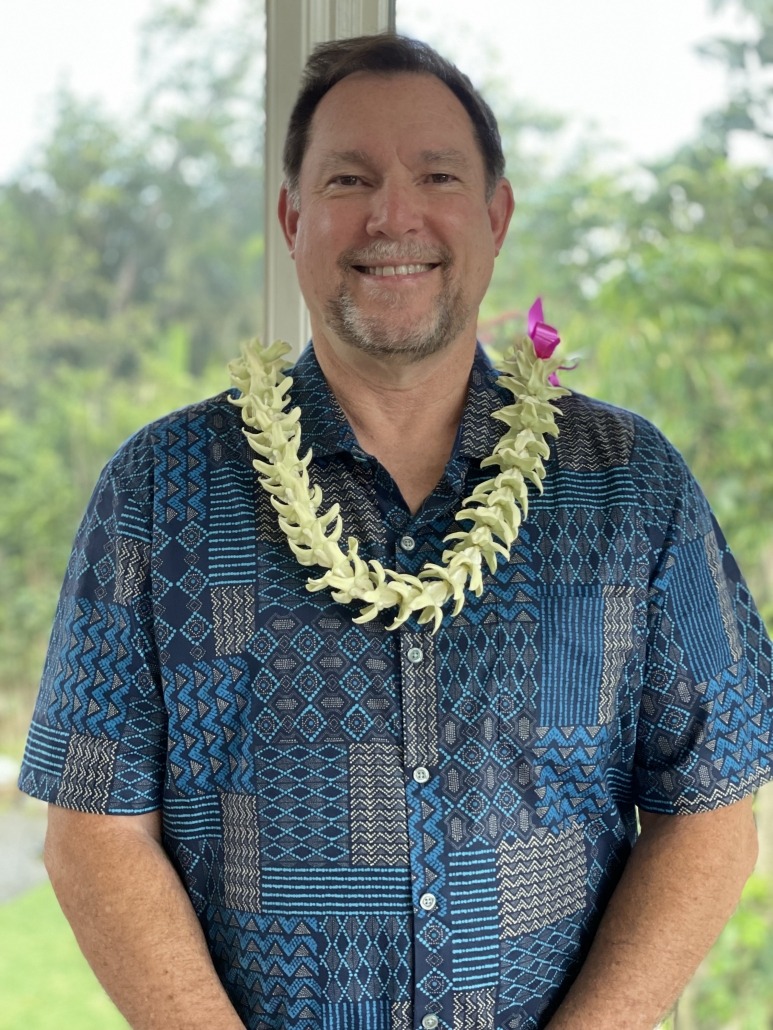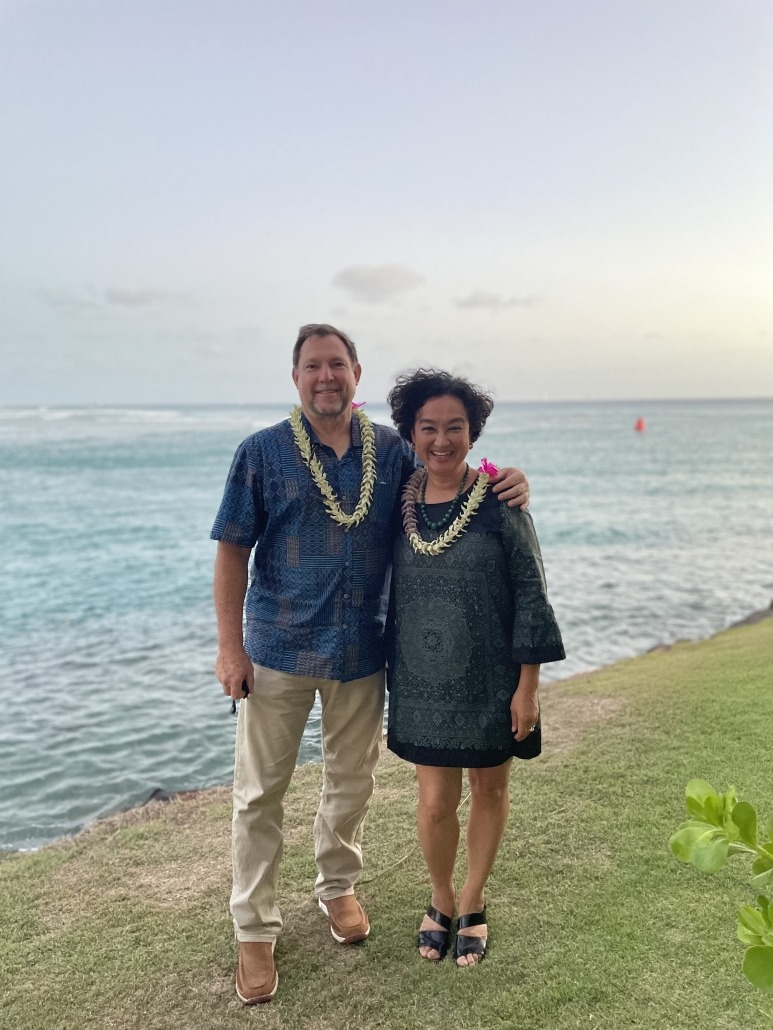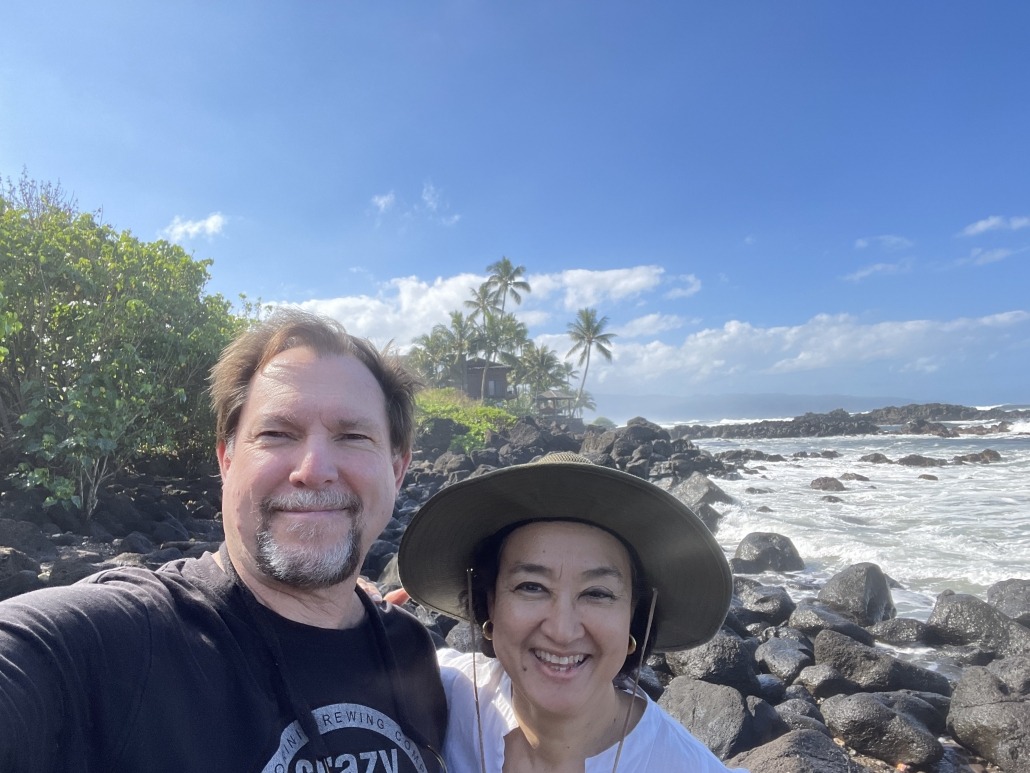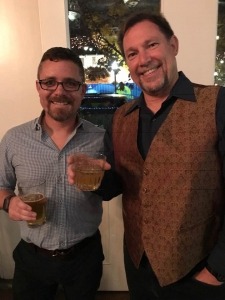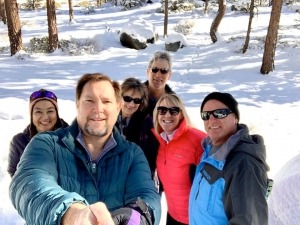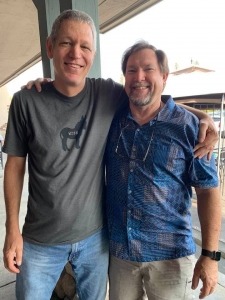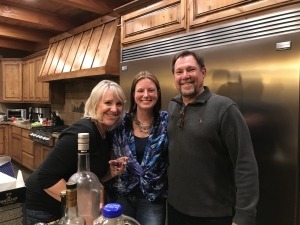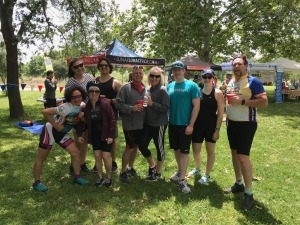June 2022 – Procurement / Recycled Paper Procurement Records
This month, we’re focusing on recycled-content paper procurement requirements. This is one requirement that your solid waste hauler really can’t help you with, since it applies to a jurisdiction’s own purchases. We suspect that you’ll find that the difficult part of complying with these requirements is really in keeping the required records, and not in purchasing the right paper products.
The basic requirement is to purchase paper products that are at least 30% post-consumer fiber and labeled with an unqualified recyclable label. You’re also required to keep records of all your purchases. While CalRecycle has suggested keeping a list of the purchases, likely the easiest way to comply is to store the receipts and copies of the product labels (this could be a screenshot of the product listing on a web page) in one centralized folder in your filing system. Consider asking the person in your finance department who receives these receipts to store them – that way just one person is responsible for keeping those records, and it’s not too much extra work.
Little-known facts about the paper procurement requirements:
- You are not required to update your purchasing policy – you’re only required to comply.
However, if your existing purchasing policy conflicts with the SB 1383 requirements, you should update it to avoid confusion! - While the requirement to purchase at least 30% recycled content and unqualified recyclable paper products is now statewide for all jurisdictions.
Even the CalRecycle model states that purchasing the recycled content and recyclable paper products is only required “whenever the total cost is the same or a lesser total cost than non-recycled items.” - Large paper supply companies are aware of this new state requirement on jurisdictions, and some are already preparing to offer services to help you track your purchases.
Let them come to you and offer you solutions! - This also applies to vendors! But just the vendors that provide paper-related services, such as janitors that purchase toilet paper and hand towels.
Helpful Links:
- Model procurement policy:
https://www2.calrecycle.ca.gov/Docs/Web/117924 - CalRecycle guidance page:
https://www.calrecycle.ca.gov/organics/slcp/procurement/RecycledPaper

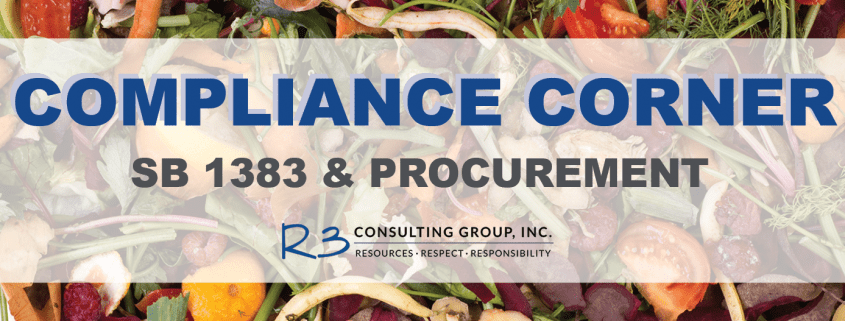

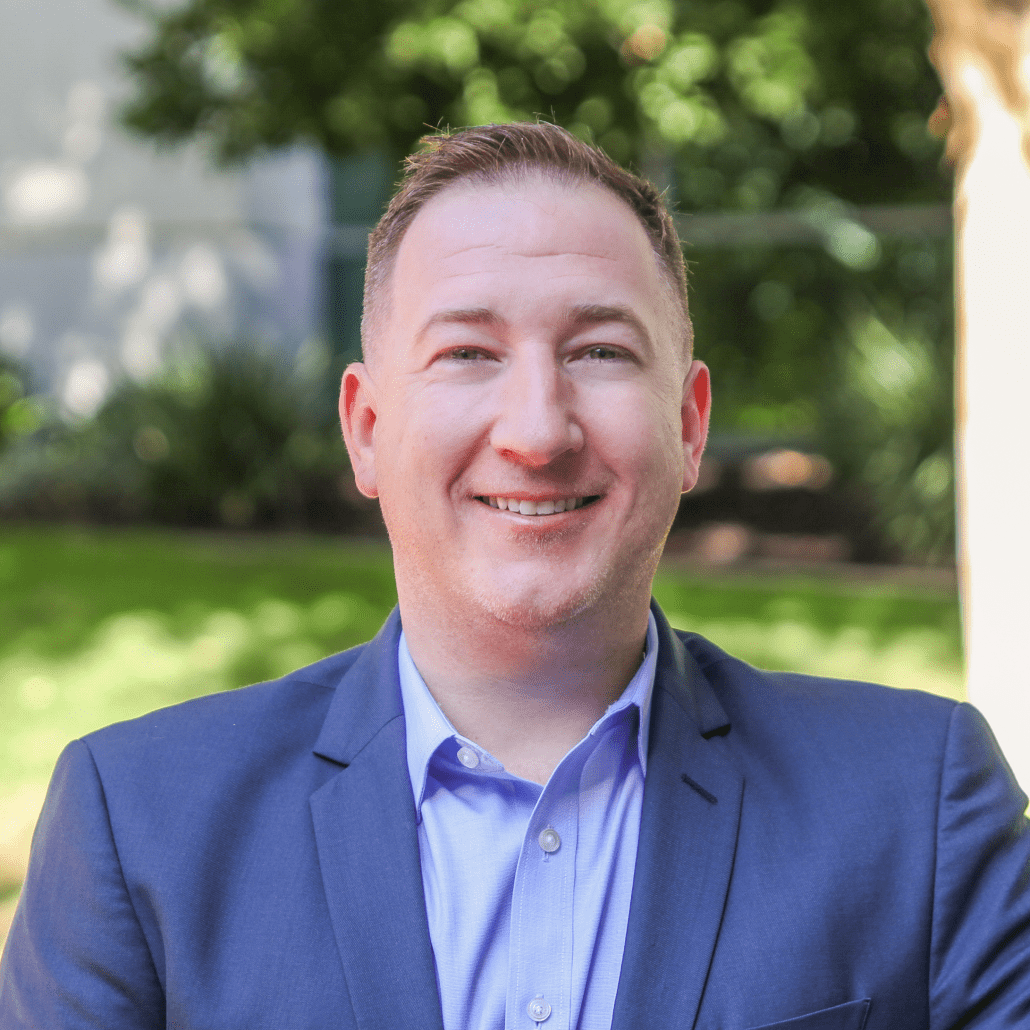 We have a staff spotlight for you this week – featuring Ryan Calkins, Sr. Project Manager! For the past two decades, Ryan has worked to perfect his craft in each leadership and management role he has served in – varying from the Marine Corps to a private solid waste collection company, Waste Management, to today, a solid waste municipal consulting firm, yours truly.
We have a staff spotlight for you this week – featuring Ryan Calkins, Sr. Project Manager! For the past two decades, Ryan has worked to perfect his craft in each leadership and management role he has served in – varying from the Marine Corps to a private solid waste collection company, Waste Management, to today, a solid waste municipal consulting firm, yours truly.